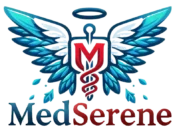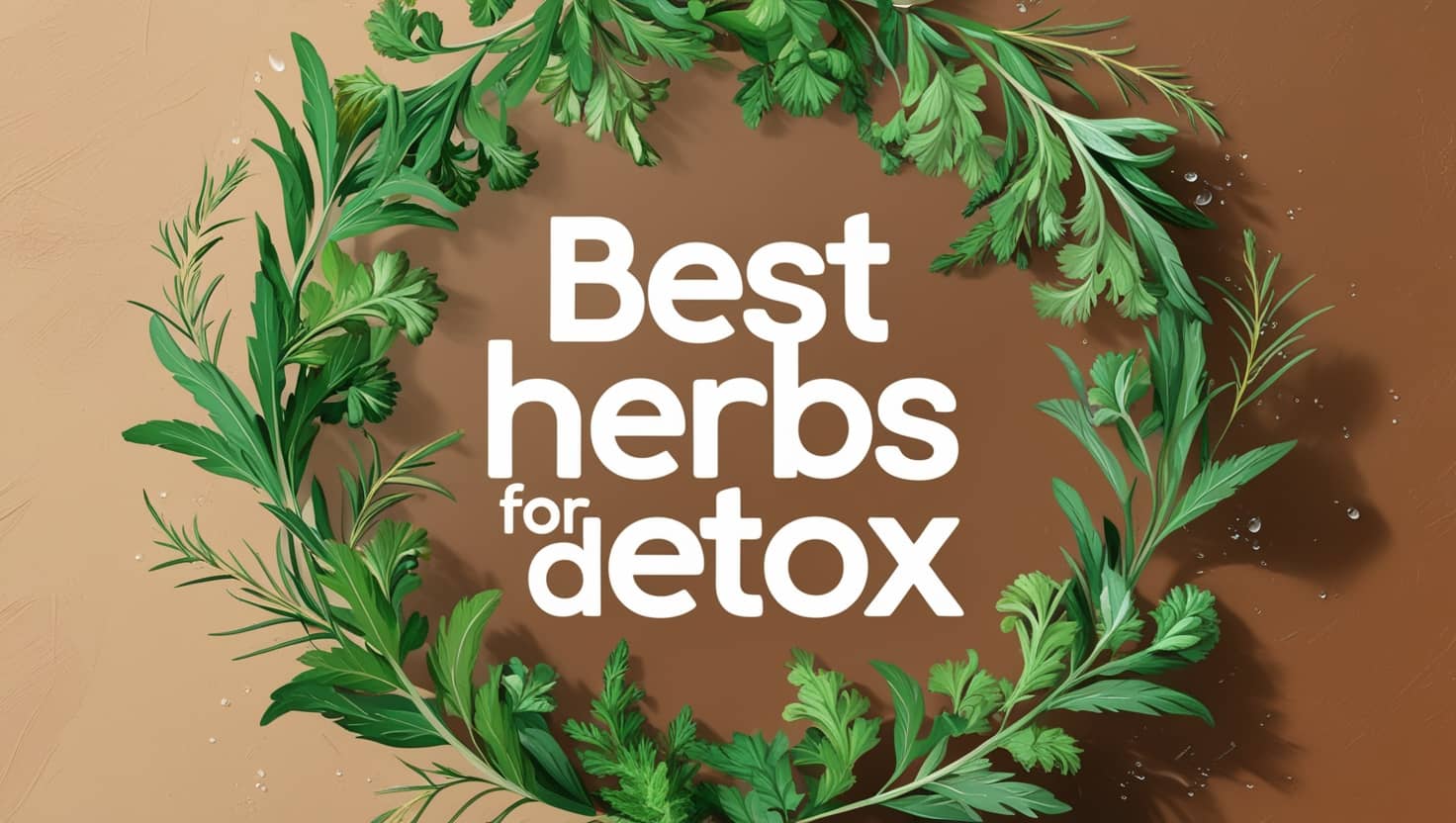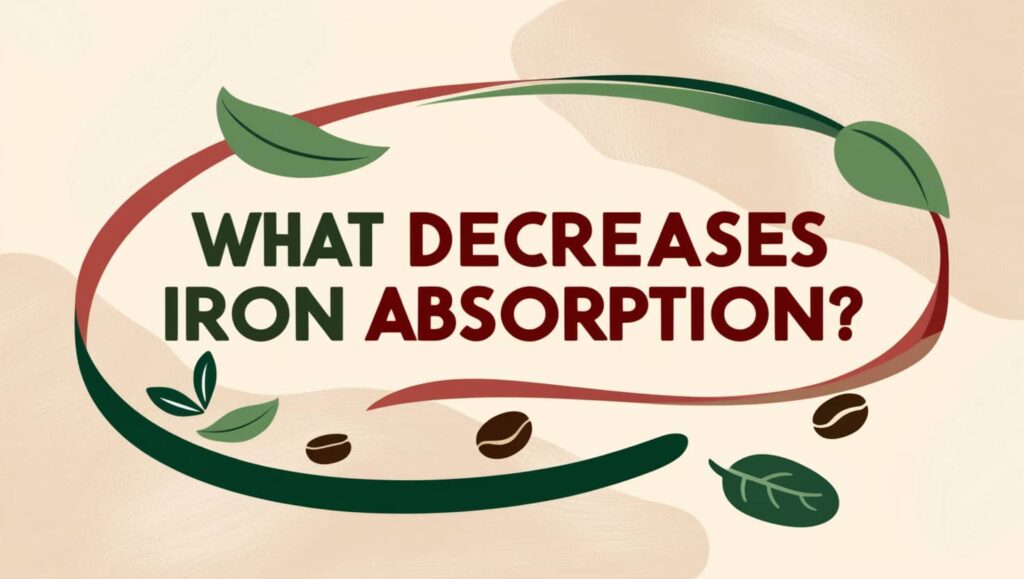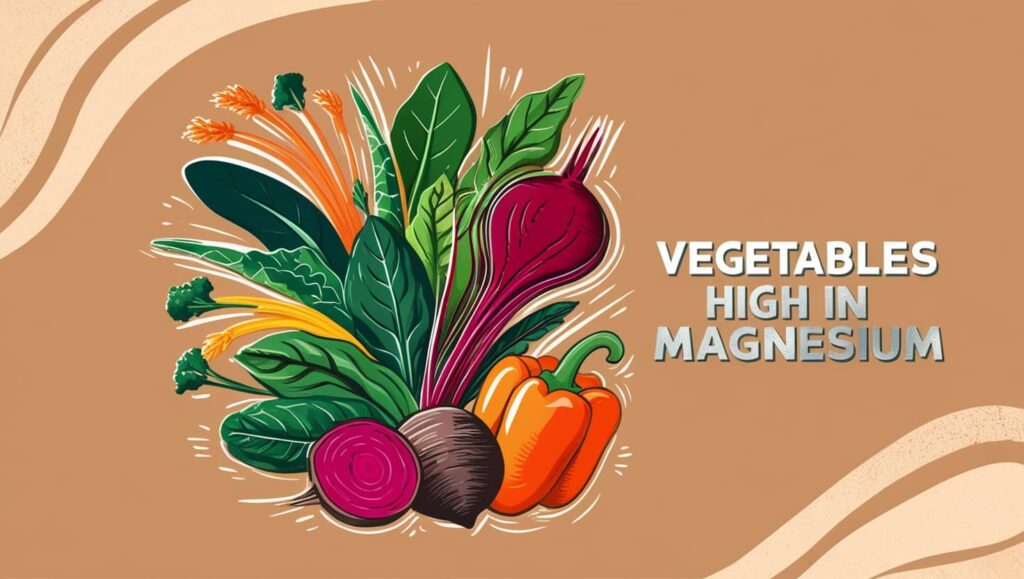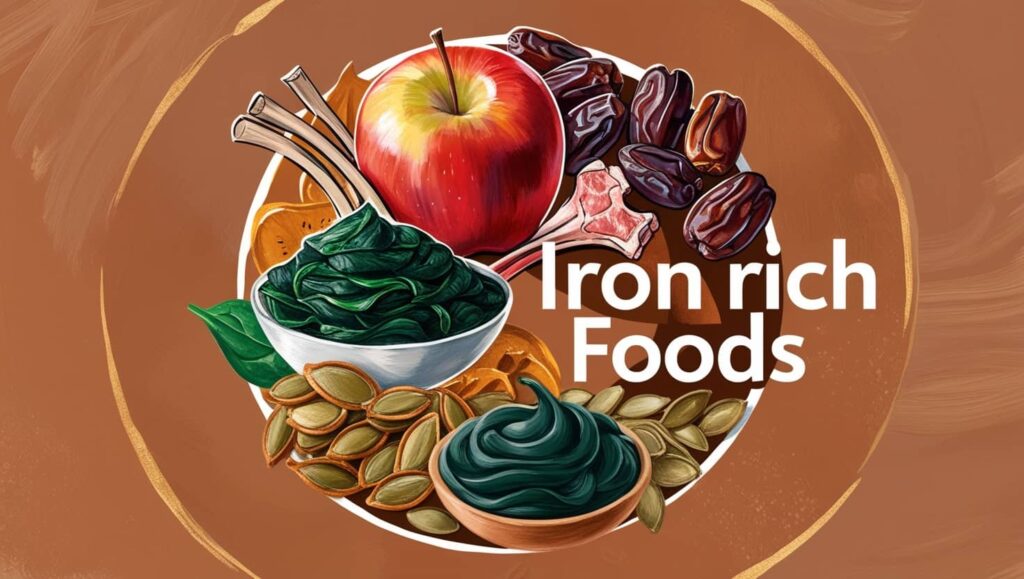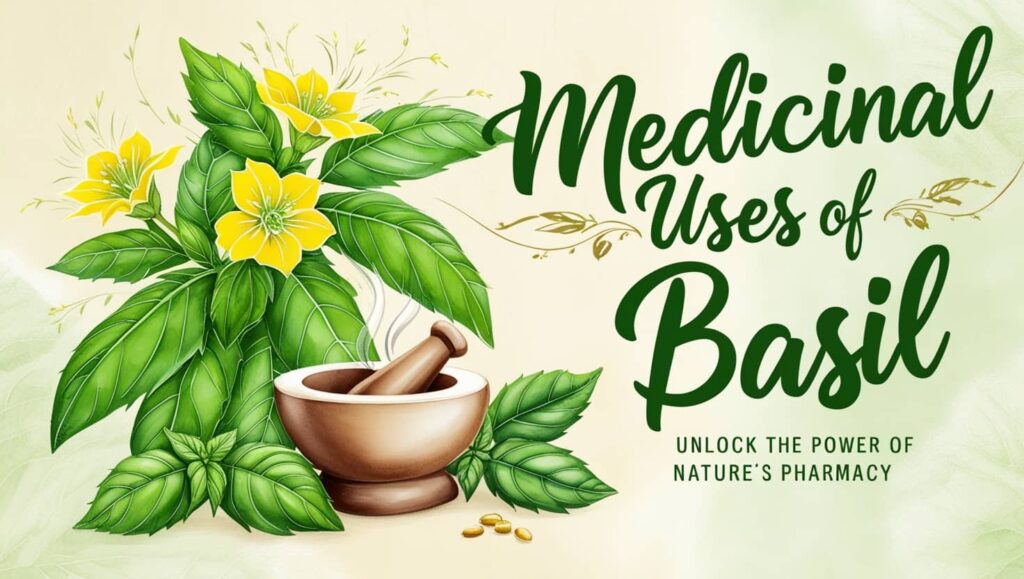Scientists are particularly interested in finding substances that can help extend a healthy life by cleansing the body. In alternative medicine, certain types of phytotherapy or medicinal herbs are used to cleanse the body of toxins. Research is being done all over the world to find compounds produced from medicinal plants that may protect the liver and other organs with minimal or no adverse effects. This article discusses in detail the best herbs for detox.
What does the term “detox” mean?
The term “detoxification,” or “full-body detox,” is widely used. To improve your health and aid in weight loss, it usually entails adhering to a particular diet or using special items that promise to cleanse your body of toxins. But in reality, the body “detoxifies” itself spontaneously and doesn’t need costly supplements or specific diets to get rid of toxins.
Herbs That Support Natural Detoxification
Cilantro:
- Used as a natural cleansing agent, it binds to toxic metals and loosens them for easier transport.
- Known for its unique flavour and use in Mexican cooking.
- Can be incorporated into various food dishes.
Dandelion
- Traditionally used as a diuretic, it may improve liver and gallbladder function.
- Rich in vitamins A, B6, C, D, and K, plus minerals like iron, potassium, zinc, and beta-carotene.
- Almost no part of the plant goes to waste.
Red Clover
- Supports liver function by stimulating bile production and acting as an effective diuretic.
- Rich in isoflavones, improving circulation, heart health, and menopause symptoms.
Turmeric
- Widely used in Ayurvedic and Chinese medicine to treat digestion and liver disorders.
- Recognized for its anti-inflammatory and antioxidant effects.
Apple Cider Vinegar
- Blocks opiate cravings and increases digestive function.
- Curbs cell damage, potentially preventing diseases like cancer.
Ginseng
- Combats fatigue after a stimulant addiction.
- Helps relieve stressful feelings and depression.
Astragalus
- An immune booster that supports the immune system and cleanses the lymphatic system.
Traditional Remedies for Cleaning the Body:
Limiting Alcohol and Improving Sleep
- Alcohol metabolism by the liver is over 90%, leading to fat buildup, inflammation, and scarring.
- Health authorities recommend limiting alcohol intake to one drink per day for women and two for men.
Enough sleep:
- Poor sleep can lead to health consequences such as stress, anxiety, high blood pressure, heart disease, type 2 diabetes, and obesity.
- Regular sleep of 7 to 9 hours per night is recommended.
Drink More Water
- Water regulates body temperature, lubricates joints, aids digestion and nutrient absorption, and detoxifies the body.
- Adequate daily water intake is 125 ounces for men and 91 ounces for women.
Reduce Intake of Sugar and Processed Foods
- High consumption of sugary and processed foods is linked to obesity, chronic diseases, and harm to organs crucial to detoxification.
Eat Antioxidant-Rich Foods
- Consuming antioxidant-rich foods can help counter oxidative stress caused by excess free radicals and other toxins.
Eat Foods High in Prebiotics
- Gut health is crucial for detoxification and excretion.
- Poor dental hygiene, diet quality, and antibiotic use can alter the bacterial balance in the gut, weakening immune and detoxification systems.
Decrease Salt Intake
Some people view detoxing as a means of eliminating excess water.
Daily detox drinks using herbs
Detox drinks are nutritious beverages that support the body’s natural detoxification process, which helps people lose weight and improves their general health and metabolism. These beverages typically include components that support the body’s internal organs in their detoxification process, such as medicinal herbs, spices, vegetables, specific fruits, or a mix of all of these.
More conventional treatment settings are using Eastern herbal remedies to assist their patients during the initial detox phase as herbal medicine gains popularity in the treatment community. Be careful about the side effects of these herbs and use them under medical supervision.
References
- Bjørklund, G., Cruz-Martins, N., Goh, B. H., Mykhailenko, O., Lysiuk, R., Shanaida, M., Lenchyk, L., Upyr, T., Rusu, M. E., Pryshlyak, A., Shanaida, V., & Chirumbolo, S. (2024). Medicinal plant-derived phytochemicals in detoxification. Current Pharmaceutical Design, 30(13), 988–1015. https://doi.org/10.2174/1381612829666230809094242
- Potterton, D. (Ed.). (1983). Culpepper’s color herbal. Sterling.

